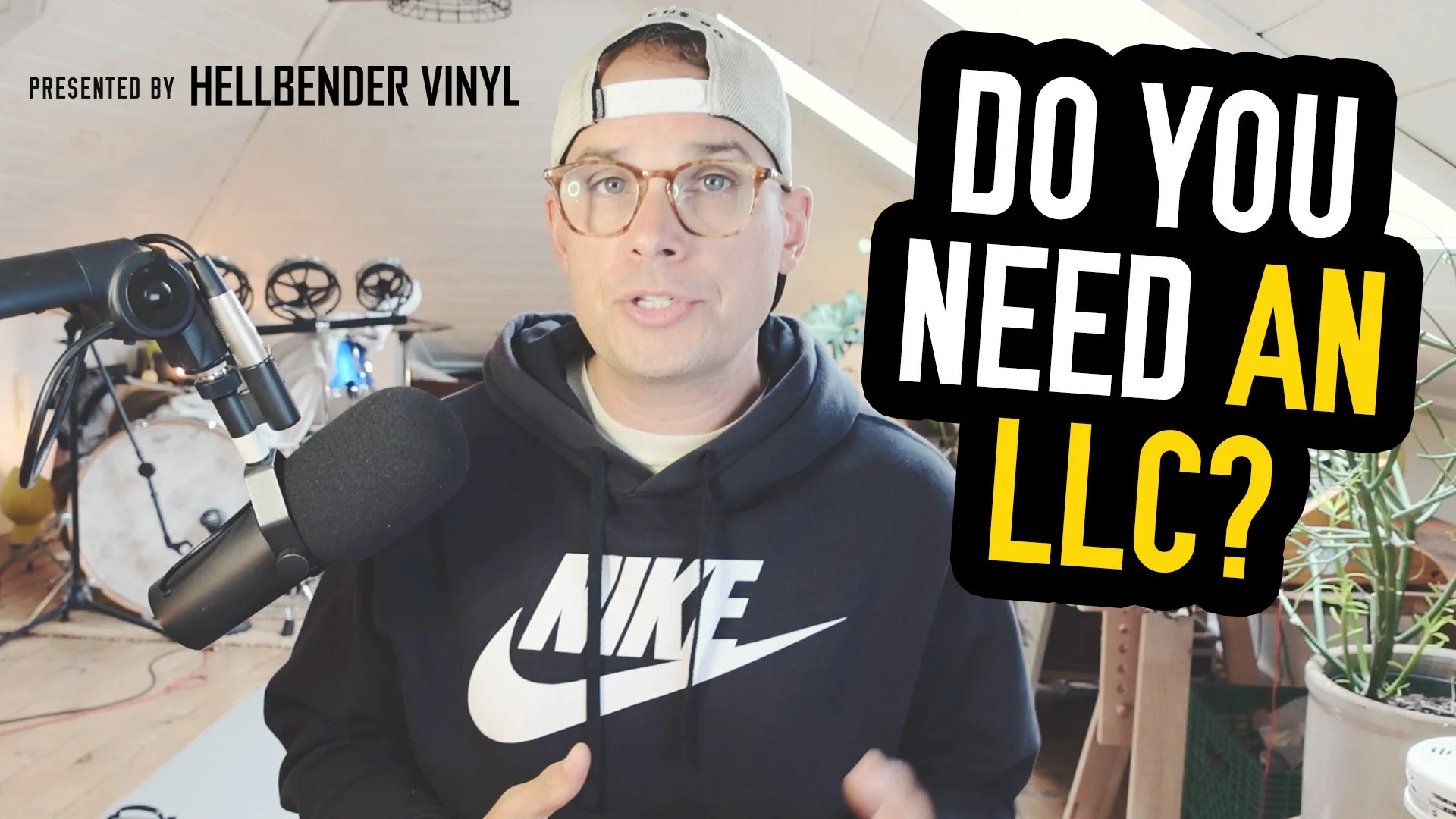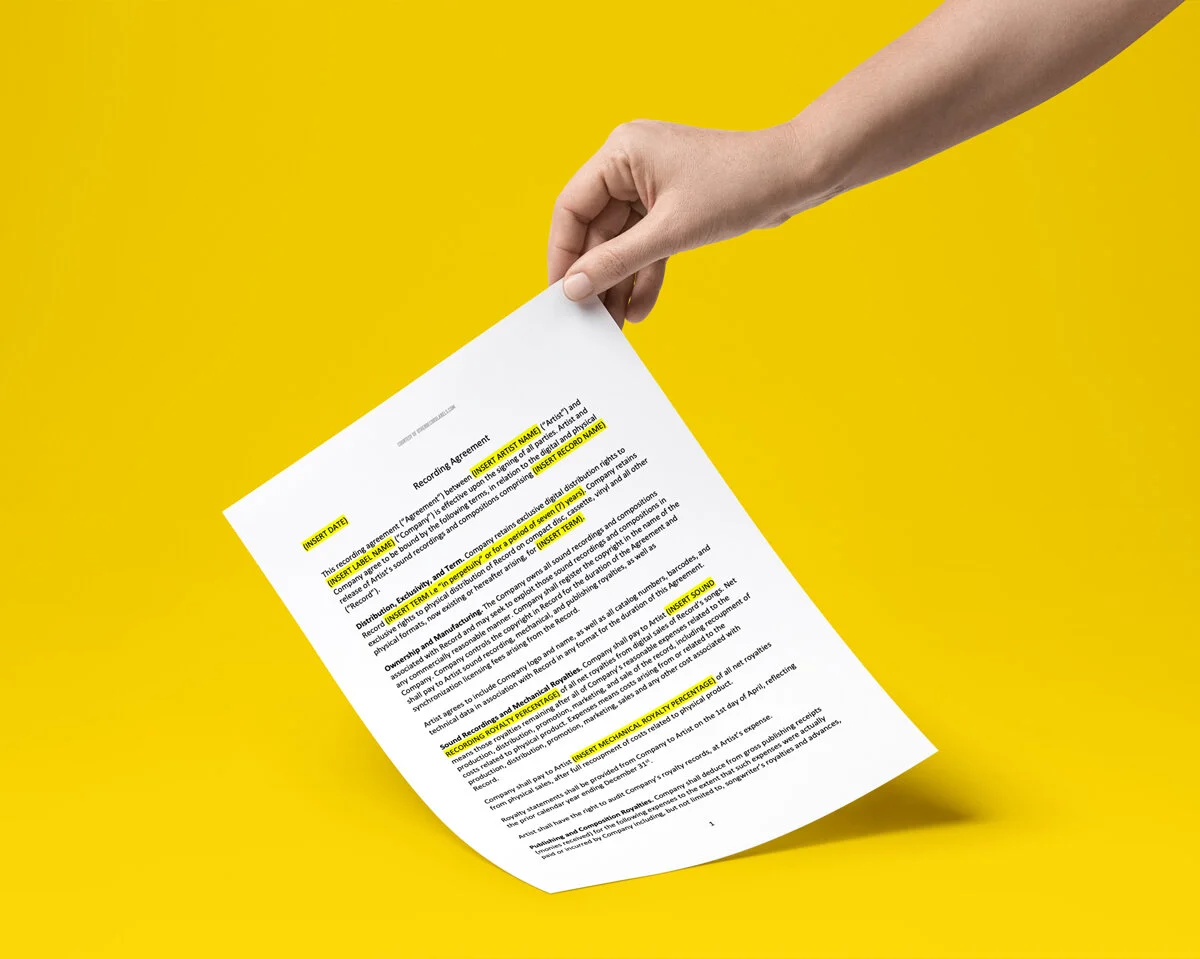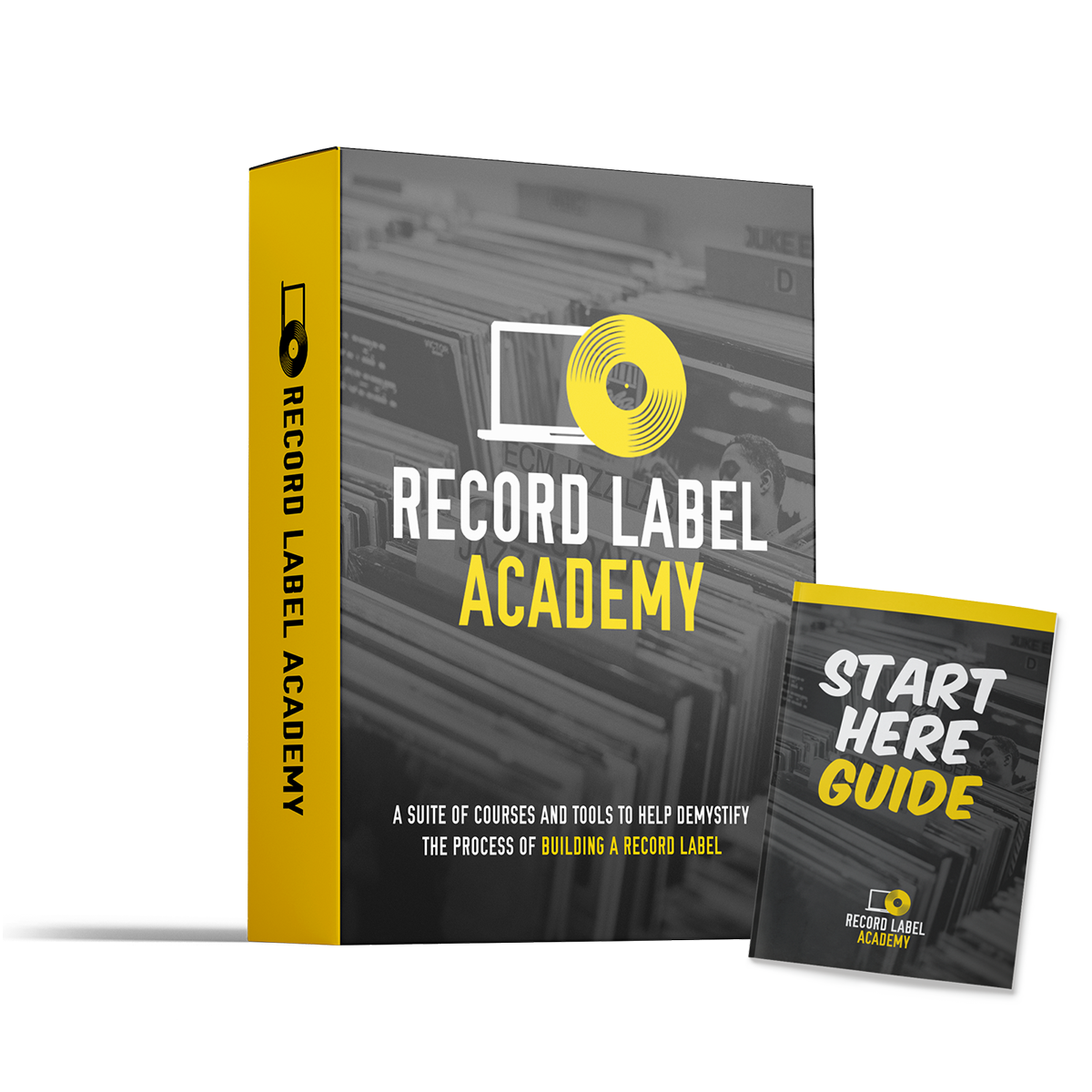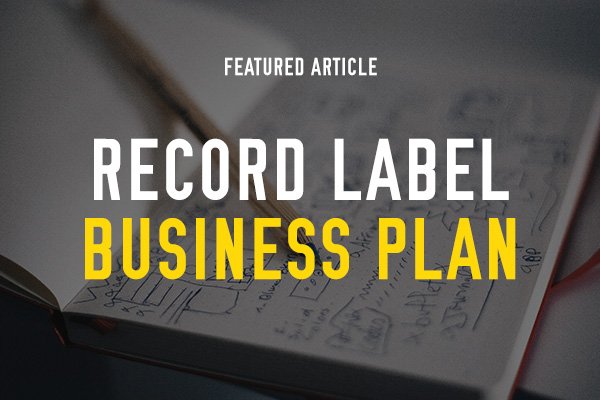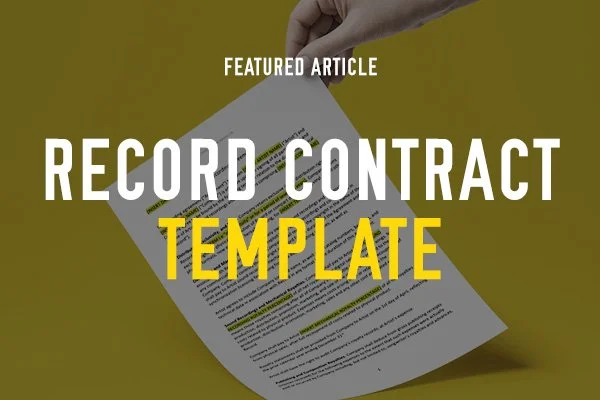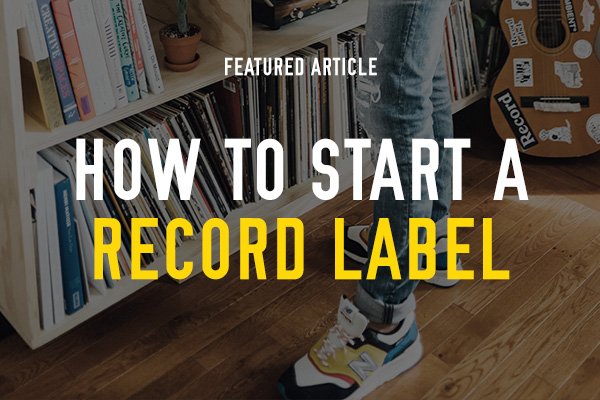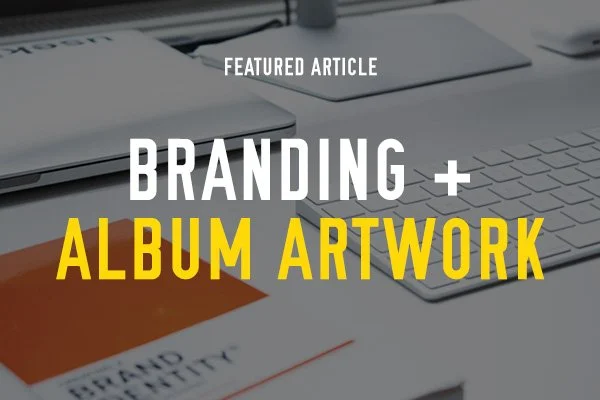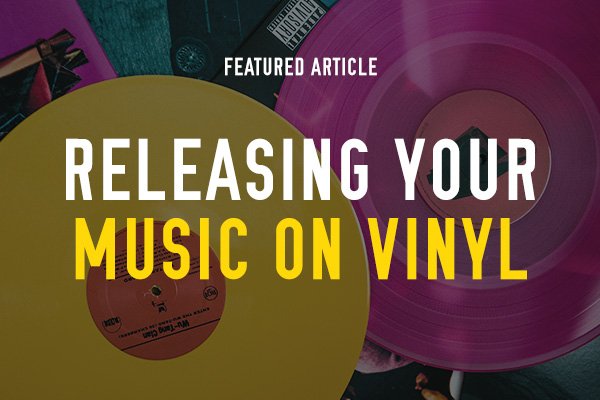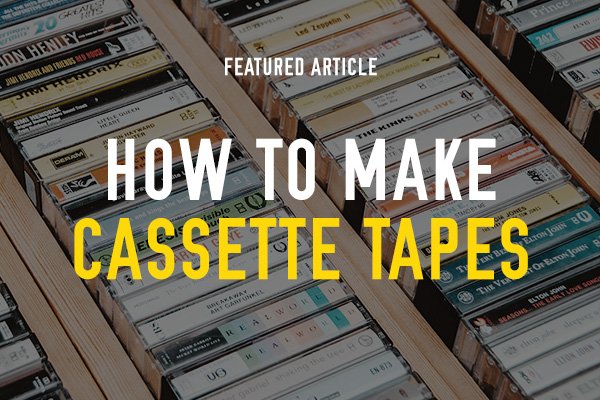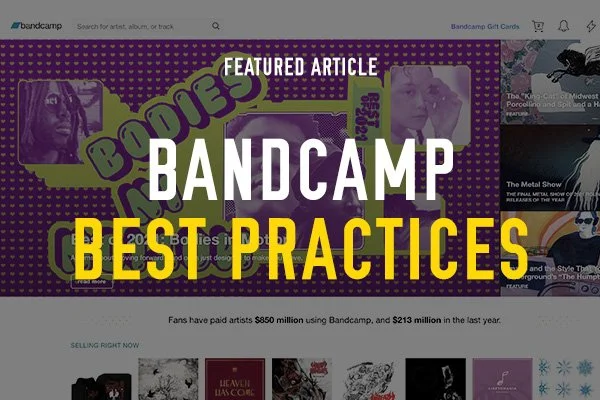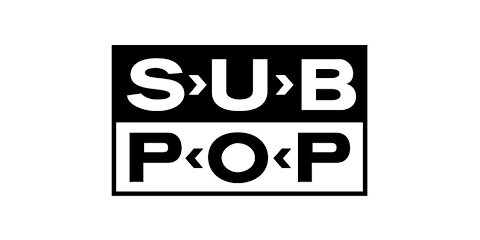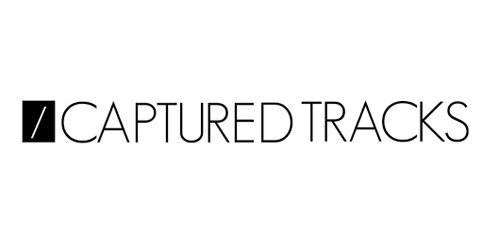
Legal Advice
for Record Labels
(But not actual legal advice, because I’m not a lawyer)
5 Common Legal Questions for Independent Record Labels

Starting a record label is an exciting venture, but it comes with its fair share of legal questions.
I’ve faced these questions myself and have learned a lot from conversations with industry experts. In this article, I’ll break down the five most common legal concerns for new record labels.
While I’m sharing my own experiences and insights, always remember to consult a professional for specific legal advice.
1. Should I Register an LLC?
Registering an LLC (Limited Liability Company) is often the first step new record label owners consider to solidify their venture. But is it necessary?
LLCs are most common in the U.S., though other countries have their versions. The complexity, fees, and taxes for LLCs can vary depending on the state where you register. While Delaware and Wyoming are known for being LLC-friendly, it’s generally recommended to register in your home state.
An LLC essentially protects your personal assets from any potential lawsuits. If things go south with an artist and they decide to sue, your personal bank account and property won’t be at risk—only your business assets would be.
So, should you get an LLC? If you're in the U.S. or a country with a similar structure, it might be a good idea, especially if you own personal assets you'd like to keep separate from your business. However, some new labels operate without an LLC for a year or two, focusing on figuring out their brand and commitment before making things official. But if you're serious and want to protect yourself, go ahead and get that LLC, and maybe even hire an accountant to help you stay official.
Remember, registering an LLC doesn’t guarantee success. It’s just one of many steps in launching a record label. If you decide to go for it, start by Googling how to register an LLC in your state or consult with a music attorney.
2. Should I Register My Trademark?
What’s the difference between an LLC and a trademark? Let’s say you’ve named your label “Dusty Records.” The LLC protects your personal liability, but how do you protect the name?
You can register a trademark, which can prevent others from using your label’s name. This process can be costly, especially if you want to register in multiple categories (like music, tech, or merchandise) or countries.
Here’s my take: I don’t see many labels rushing to register trademarks, especially in the early stages. Most indie labels don’t have names that are valuable to other companies—they’re meaningful only to the label owners. If money isn’t an obstacle, by all means, go for it. But for most of us, it’s something that can wait until the label grows and becomes more established.
And just a heads-up—owning the dot com or social media handles for your label doesn’t give you legal rights to the name. Those are nice to have but aren’t the same as a registered trademark.
3. How Do I Make a Recording Contract?
You can find free templates online, or pay for pre-made ones, but these contracts may not fit your label’s needs perfectly.
Here’s how I would create a contract from scratch: Start with a “deal memo,” which is essentially a simplified version of your agreement. Outline the key points—50/50 profit share, exclusive licensing of masters for five years, royalty payment frequency, and any other terms that matter to you. Then, take this memo to the artist you’re considering signing, discuss it, and make adjustments as needed.
Finally, bring the memo to a music attorney and have them draft an official contract. Once you’ve got it, you can use it as a template for future artists.
4. Should I Own the Masters?
Owning the masters means you control the original recordings of an album, EP, or single. As the rights holder, you decide how the music is used—whether that’s streaming, pressing vinyl, or making CDs.
Some labels choose to license the masters from the artist for a set period, paying them royalties on sales. Others, especially if they’ve funded the recording process, might insist on co-owning or fully owning the masters indefinitely.
Why It Makes Sense for Record Labels to Own the Masters:
If you’ve invested in the recording, owning the masters gives you control and the potential for long-term revenue.
The music industry is unpredictable. Some records might be huge successes, while others could flop. Owning the masters allows you to build a back catalog of revenue-generating assets, which can fund future projects.
The "Kate Bush Effect"—an old song blowing up years later thanks to TikTok or other factors—shows that owning the masters can be incredibly profitable down the line.
Why It Might Not Make Sense:
This is the traditional model, but many indie labels today are pioneering a fairer way to work with artists.
Artists might feel trapped or unhappy if they don’t own their masters, leading to strained relationships.
If you didn’t pay for the recordings or don’t have the promotional power to justify ownership, it might not be fair to take such valuable rights from the artist.
5. Do I Need to Register Copyrights?
In the UK, you can’t register a copyright—once you’ve recorded or written down your music, it’s yours. The same is technically true in the U.S., though the U.S. Copyright Office does offer a service to officially register your work for a fee.
Think of registering a copyright like getting a marriage certificate. Your commitment to your work exists without it, but the certificate provides legal benefits.
There are long-term benefits to registering your copyrights, especially if you ever face challenges or if someone steals your song. But like trademarks, this might not be something you need to do immediately. If you’ve got the budget, go ahead. Otherwise, focus on what will truly benefit your label in the early days.


WATCH THIS EPISODE
and catch other videos on our YouTube Channel
100% free, reusable record label contract template for indie labels and artists.
We hired a music attorney who specializes in drafting music recording contracts and asked them if they would create a basic record label contract that we could share with all of you!
This legal contract covers the basics that make up a traditional record label recording contract. Feel free to use this template for your own record label. When you’re ready, you can hire your own music lawyer to help you create a more bespoke contract.
Record Label Contract
Glossary
Masters: The original recordings of music tracks, typically owned by the record label or the artist, depending on the terms of the contract.
Auto-Renewal: A contractual provision that automatically extends the duration of the agreement for another term unless one party gives notice of termination.
Metadata: Information about a music release, including details such as artwork, ISRCs (International Standard Recording Codes), barcodes, release dates, and track titles.
Digital Distributor: A service that distributes music to online platforms such as streaming services and online stores, ensuring availability to listeners worldwide.
Termination Clause: A provision in a contract outlining the circumstances under which either party can end the agreement before its natural expiration date.
Perpetual Ownership: A scenario where the record label retains ownership of the masters indefinitely, even after the contract term ends.
Notice Period: The duration of time required for one party to inform the other of their intention to terminate or not renew the contract.
Rights Reversion: The process by which ownership rights, such as masters or publishing rights, revert from the label back to the artist after the contract ends.
Royalties: Payments made to artists based on the sales or streams of their music, typically outlined in the contract agreement.
Physical Inventory: Tangible copies of music releases, such as vinyl records or CDs, held by the record label for distribution or sale.
Distribution Rights: The rights granted to a label or distributor to distribute an artist's music to various platforms and territories.
Contractual Obligations: The responsibilities and duties outlined in the contract that both parties must fulfill during the term of the agreement.
Contract Negotiation: The process of discussing and finalizing the terms of the contract between the artist and the record label, often involving legal representation.
Contract Renewal: The act of extending the duration of the contract for another term, typically subject to mutual agreement between the parties involved.
Legal Counsel: Qualified lawyers specializing in entertainment law who provide legal advice and representation to artists and record labels regarding contract matters.

RECORD LABEL
ACADEMY
The Complete A to Z of Building and Growing an Independent Record Label.

RECORD LABEL
ACADEMY
Instant Lifetime Access to all our courses, books, and templates!
-
How to Start a Record Label (Online Course)
Record Label Marketing Strategies (Online Course)
Record Label Decision Tool (Online Course)
Profitable Record Label (Online Course)
All 8 Micro Courses
All 8 Micro eBooks
How to Start a Record Label (eBook)
Record Label Marketing Strategies (eBook)
Tons of bonus templates and extra resources
RECORD LABEL
ACADEMY
Instant Lifetime Access to all our courses, books, and templates!
-
How to Start a Record Label (Online Course)
Record Label Marketing Strategies (Online Course)
Record Label Decision Tool (Online Course)
Profitable Record Label (Online Course)
All 8 Micro Courses
All 8 Micro eBooks
How to Start a Record Label (eBook)
Record Label Marketing Strategies (eBook)
Tons of bonus templates and extra resources

Helpful Articles for Record Labels
-
10 Steps to Planning Your New Release
50 Reasons Why You Should Start a Record Label
How Fans Can Support Record Labels
How Many Releases Per Year is Ideal?
How to Register Your Record Label
How to Submit Your Music to Record Labels
How to UNSTUCK your record label
Leveraging the Power of Lead Time
Record Store Day
Social Media Strategies & Solutions
Social Media Strategies & Solutions
The 4 Attributes of a Great Record Label
Why Artists Need a Record Label
Why Do We Release Music on Fridays?
How to Make a Business Plan
Record Contract Template
How to Start a Record Label
Branding & Album Artwork
Releasing Music on Vinyl
Music Publishing for Labels
How to Make Cassette Tapes
Bandcamp Best Practices
Other Record Labels Podcast
Featuring interviews with…




